Talk in camp this morning revolves around the lion visitors of the previous evening. The staff is most concerned that the outsiders will hook up with the two lone females we saw day before yesterday. If that happens, the males will surely kill the four cubs with those females.
There is little time for speculation
. We leave camp at 6 AM after a quick cup of coffee or tea. The two vehicles go in different directions with the same mission. We will range near camp looking for whatever game shows itself. Although early morning is a prime feeding time for predators, this morning most of the action is provided by the birds.
In the first ninety minutes, we are able to photograph Ox Peckers grooming Cape buffalo; African Hoopoe; Harrier hawks; and a pair of magnificent Crowned Cranes.
At 8:20 AM our vehicle is driving past a large marsh when a cheetah is spotted in the middle of the marsh. Fadhil tells us this female had four cubs as recently as several days ago. We are only able to confirm three cubs today. The cubs are three weeks old and are getting playful. We watch as the cubs snuggle with and crawl all over their mother.
The cheetah settles her cubs down and leaves to hunt
. She must be constantly vigilant so as not to disclose the location of her den. The area is crawling with lion and hyena. One mistake and her cubs will die.
The cheetahs of this region survive on gazelle that are plentiful here. Knowing this, we take trails that put us ahead of the cheetah. We find several Grant's gazelle on the Ndutu Plain separated from the herd. One of the females has a young fawn. We are five miles from the point we last saw the cheetah but, no worries, here she comes.
Her keen eyesight sees the gazelle we are monitoring. When she is half a mile away her walk increases to a trot. She is closing the distance when, suddenly, a Grant’s gazelle ram attacks the mother gazelle for no apparent reason. The ram’s attack scares the fawn away from its mother and directly toward the cheetah. The cheetah is now streaking at full speed toward the defenseless and unaware fawn. Every stride covers at least twenty feet. In mere seconds, she has closed the distance and has the fawn by the neck…and the struggle is over
.
The cheetah walks away with her kill but does not go far. A cheetah’s body temperature can rise to over 105F during a chase. She must rest before eating. This was not a difficult kill. She did not have to run a great distance. Within five minutes she begins eating the fawn. The distraught mother gazelle paces back and forth a safe distance away.
This afternoon The Great Migration arrives in Ndutu. The wildebeest we saw yesterday in the Central Serengeti are now in Ndutu. At 4:30 PM, we crest a hill near camp and there they are – thousands of wildebeest dot the plain before us. The dust and flies are also as bad as they have been since we arrived. Beth and I both break out our buffs and slip them on. We look like a couple of masked outlaws but, at least, we can breathe without inhaling a fly.
Before we left the United States, we watched a National Geographic program showed male giraffes engaging in battle using a technique known as "necking"
. Today, we find a group of a dozen giraffe and two large bulls are fighting. One draws close to the other and swings its neck and head into the neck of their adversary. You can tell they are serious by the thudding noises the strikes generate. We stay at the scene until most of the herd disappears into the bush. With their audience gone, the two bulls wander off together seemingly no worse for the wear.
We locate the lions known as the Marsh Pride. They are eating the remnants of an impala. We saw eleven members of this pride a few days ago. Today, there are nearly thirty lions spread all over the area. Surprisingly, the same cheetah we followed to a kill earlier today is resting a short distance from the pride. She keeps a close watch on the lions. Bill explains she will not go near her den in the marsh until she is sure she will not be seen by the lions or hyenas.
A Cheetah Rocket Makes Kill on the Plain of Ndutu
Sunday, January 26, 2014
 Ngorongoro Conservation Area, Tanzania
Ngorongoro Conservation Area, Tanzania
Other Entries
-
1Planning the Ultimate Safari
Dec 2532 days prior Gulf Breeze, United Statesphoto_camera5videocam 0comment 0
Gulf Breeze, United Statesphoto_camera5videocam 0comment 0 -
2Florida to Tanzania
Jan 215 days prior Amsterdam, Netherlandsphoto_camera4videocam 0comment 0
Amsterdam, Netherlandsphoto_camera4videocam 0comment 0 -
3The Streets of Arusha
Jan 233 days prior Arusha, Tanzaniaphoto_camera2videocam 0comment 0
Arusha, Tanzaniaphoto_camera2videocam 0comment 0 -
4Ndutu: Meeting the Great Migration
Jan 242 days prior Ngorongoro Conservation Area, Tanzaniaphoto_camera25videocam 0comment 2
Ngorongoro Conservation Area, Tanzaniaphoto_camera25videocam 0comment 2 -
5Lion Ambush in the Kopjes of Serengeti
Jan 251 day prior Serengeti Region, Tanzaniaphoto_camera52videocam 1comment 2
Serengeti Region, Tanzaniaphoto_camera52videocam 1comment 2 -
6A Cheetah Rocket Makes Kill on the Plain of Ndutu
Jan 26 Ngorongoro Conservation Area, Tanzaniaphoto_camera31videocam 2comment 0
Ngorongoro Conservation Area, Tanzaniaphoto_camera31videocam 2comment 0 -
7The Day of the Cheetah
Jan 271 day later Serengeti National Park, Tanzaniaphoto_camera23videocam 0comment 0
Serengeti National Park, Tanzaniaphoto_camera23videocam 0comment 0 -
8Life in Ndutu During the Great Migration
Jan 282 days later Ngorongoro Conservation Area, Tanzaniaphoto_camera27videocam 7comment 0
Ngorongoro Conservation Area, Tanzaniaphoto_camera27videocam 7comment 0 -
9Mara Plains Camp, Olare Motorogi, Kenya
Jan 293 days later Maasai Mara, Kenyaphoto_camera37videocam 2comment 1
Maasai Mara, Kenyaphoto_camera37videocam 2comment 1 -
10Eight Hours with a Pair of Leopards
Jan 304 days later Maasai Mara, Kenyaphoto_camera17videocam 1comment 0
Maasai Mara, Kenyaphoto_camera17videocam 1comment 0 -
11The Ghostly Moniko Lion Pride
Jan 315 days later Maasai Mara, Kenyaphoto_camera35videocam 2comment 0
Maasai Mara, Kenyaphoto_camera35videocam 2comment 0 -
12Big Cats & the Great Migration Review & Results
Feb 016 days later Lemek Conservancy, Kenyaphoto_camera6videocam 0comment 0
Lemek Conservancy, Kenyaphoto_camera6videocam 0comment 0

 Ngorongoro Conservation Area, Tanzania
Ngorongoro Conservation Area, Tanzania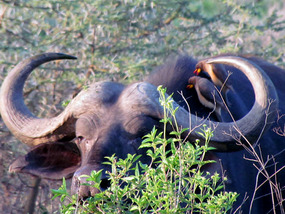
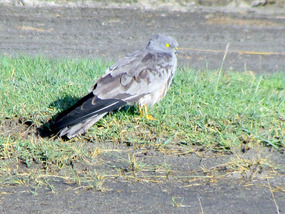
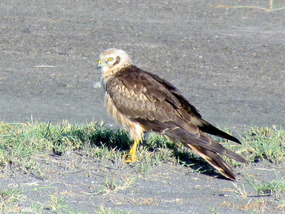
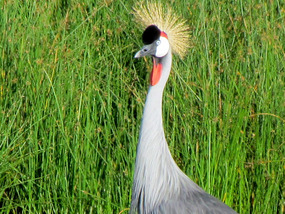




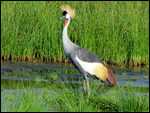
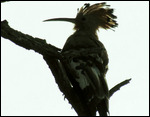
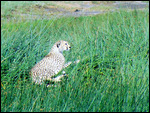
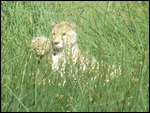
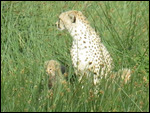
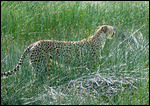
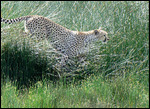
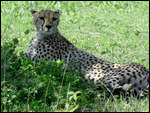
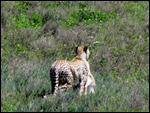
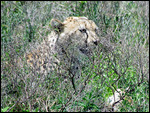



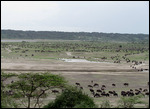
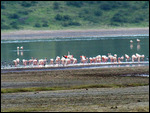
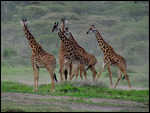
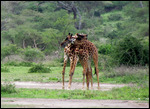
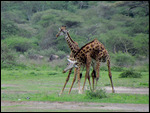
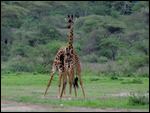
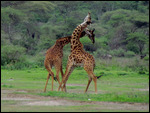
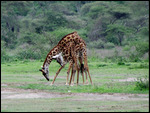



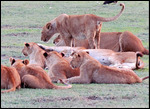


2025-05-23